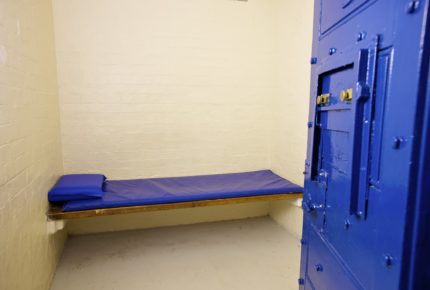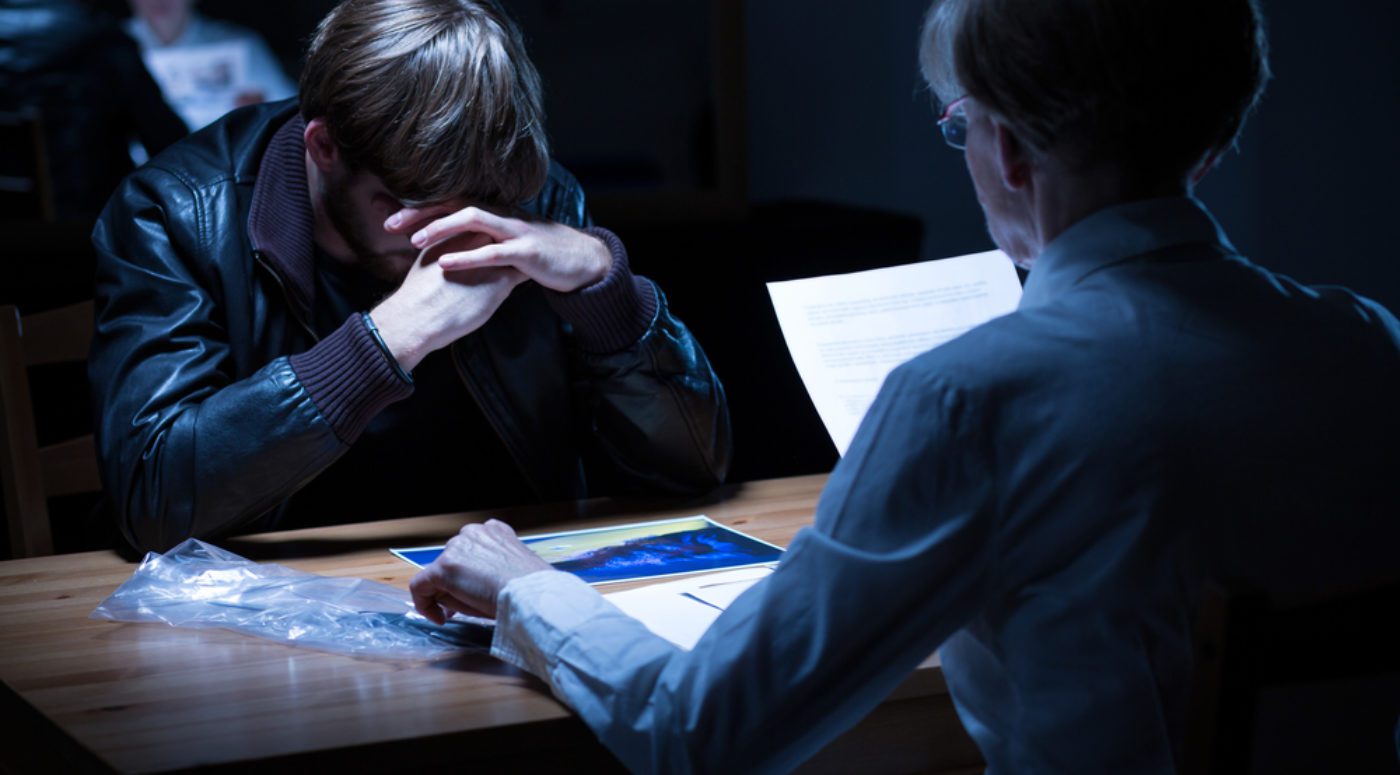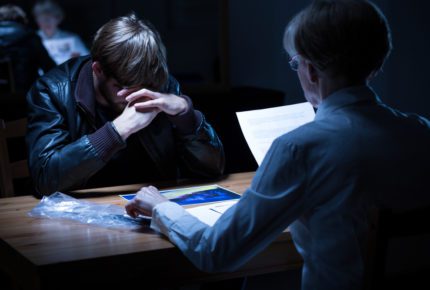

If you have been arrested on suspicion of committing an offence, you may be wondering how strong the evidence must be in order for the Crown Prosecution Service (CPS) to charge you. You may also be asking yourself what the CPS is, and how they work with the police. This article explains the role of the CPS, what it means when you are charged, and how much evidence there must be in order for the CPS to push through a charge in the first place. It also looks at circumstances surrounding the actual charging decision. If you are a suspect within the criminal justice process, understanding these key players and their respective roles will empower you to ensure that your voice is heard in any forthcoming court case and that your rights are upheld.
What does the CPS do?
The Crown Prosecution Service (CPS) is the main prosecuting body in England and Wales. The CPS is responsible for prosecuting criminal cases that have been investigated by the police and other investigative organisations.
The CPS’ role is to decide which cases should be prosecuted. They also determine the appropriate charge in more serious or complex cases, and provide advice to police on the legal aspects of criminal investigations. In court, the lawyer acting on behalf of the prosecution will either be employed by the CPS or will be a barrister who has been briefed by the CPS to appear on their behalf.
Are prosecutions in England and Wales always carried out by the CPS?
The majority of criminal prosecutions in England and Wales are carried out by the CPS, but there are also other government organisations that have the statutory authority to prosecute. These include the Health and Safety Executive, the Environment Agency, the Revenue and Customs Prosecutions Office, the Service Prosecuting Authority (which deals with offences committed within the armed forces), and Local Authorities. Like the CPS, these prosecuting bodies are obliged to apply the Full Code Test and/or the Threshold Test (see below) when making a decision in respect of whether to charge a suspect with an offence.
What does it mean when you are charged with an offence?
The decision to charge you with a criminal offence signifies the start of a prosecution against you. The charging decision may be made by the police or by the CPS, depending on the nature of the case. The charging decision will be taken once the police have undertaken an initial investigation. According to the Guidance to Police Officers and Crown Prosecutors Issued by the Director of Public Prosecutions under S37A of the Police and Criminal Evidence Act 1984, the police are responsible for pursuing all reasonable lines of enquiry to ensure that any evidence or material likely to undermine the prosecution case or assist the defence is provided to the prosecutor so that they can make an informed decision.
What is the standard of evidence needed in order for the CPS or the police to charge?
The standard of evidence needed in order for the CPS or police to make a charging decision is set out in the Code for Crown Prosecutors.
Full Code Test
Once all reasonable lines of enquiry have been pursued, in order for the decision to be made to charge, the Full Code Test should be met. This has two stages:
Evidential stage
The prosecutor must be satisfied that there is sufficient evidence to provide a realistic prospect of conviction against each suspect on each charge.
This involves considering what the defence may be, and how it is likely to affect the prospects of conviction. The prosecutor must make an objective assessment of the evidence, including the impact of any defence and any other information that the suspect has put forward that they might seek to rely upon. The prosecutor must consider whether ‘a reasonable jury or bench of magistrates or judge hearing the case alone, properly directed and acting in accordance with the law, is more likely than not to convict the defendant of the charge alleged.’
In other words, the prosecutor can’t use their own views on the matter. Instead, the prosecutor must assess the evidence by asking themselves the following questions:
- Can the evidence be used in court?
- Is the evidence reliable?
- Is the evidence credible?
- Is there other material in existence that might affect the sufficiency of the evidence?
If the police or CPS (depending on who is the appropriate decision maker in the case) find that the evidential test is not met, the prosecution must not proceed.
Public interest stage
Where the evidential stage has been met, the police/CPS must then go on to consider whether the prosecution would be in the public interest. The prosecutor must ask themselves whether the public interest would be better served by the prosecution taking place, compared to if it did not take place. This includes a consideration of whether the matter would be more appropriately dealt with by way of an out of court disposal such as a fixed penalty notice or a police caution.
The guidance provides the following questions that prosecutors should ask themselves when determining the public interest:
- How serious is the offence committed?
- What is the level of culpability of the suspect?
- What are the circumstances of and the harm caused to the victim?
- What was the suspect’s age and maturity at the time of the offence?
- What is the impact on the community?
- Is prosecution a proportionate response?
- Do sources of information require protecting
However, the guidance highlights that these questions are not exhaustive and will not necessarily be given equal weight. This means that in some cases, one might outweigh all the others.
If the Full Code Test is met, the decision to charge can be made. If it is not met, the case must be referred back to the custody officer who will determine the next steps, including whether the suspect may continue to be detained, should be released on bail, or a decision to take No Further Action should be made. Alternatively, in some cases, where the Full Code Test is not met, the Threshold Test can be applied.
Threshold Test
In some limited cases, where the seriousness or circumstances of the case justify making an immediate charging decision, and there are substantial grounds to object to bail, instead of applying the Full Code Test, the police/CPS will instead apply the Threshold Test. The Threshold Test is composed of five factors, which must all be met in order for it to apply.
These are:
- There are reasonable grounds to suspect that the person to be charged has committed the offence.
- Further evidence can be obtained to provide a realistic prospect of conviction.
- The seriousness or the circumstances of the case justifies the making of an immediate charging decision.
- There are continuing substantial grounds to object to bail, and in all circumstances it is proper to do so.
- It is in the public interest to charge the suspect.
A decision to charge under the Threshold Test must be kept under review by the police/CPS, and as soon as the evidence that is awaited is received, the Full Code Test must be applied.
Can the police charge without the CPS?
The police are permitted to make charging decisions without input from the CPS in less serious cases. These include:
- Summary only cases i.e. cases that are usually heard in the Magistrates’ Court, and where the maximum sentence is six months’ This includes cases of criminal damage where the value of the loss or damage is less than £5000.
- Shoplifting offences.
- Either way offences where a guilty plea is anticipated, which are suitable for sentencing in the Magistrates’ Court. However, there are some exceptions to this. The following types of cases must always be referred to the CPS:
- Those involving a death
- Those connected with terrorist activity or official secrets
- Those classified as Hate Crime or Domestic Violence
- Those causing Grievous Bodily Harm or wounding (GBH), or Actual Bodily Harm (ABH)
- Those involving sexual offences committed by or upon a person under the age of 18
- Those involving the Licensing Act 2003
What cases do the CPS deal with?
In all cases where the charging decision cannot be made by the police, it will be referred to the CPS for a charging decision. In cases where the charging decision has been made by the police, it will then be passed over to the CPS to conduct the prosecution.
Once the CPS has received the case file, it is their role to prepare the case and present it at court. The CPS is also responsible for providing information and assistance/support to victims and prosecution witnesses.
Where to get further help
If you are awaiting a charging decision, obtaining advice and representation of a criminal defence solicitor will give you the best possible chance of having your case dropped before court. At Stuart Miller Solicitors, our experienced team of criminal defence solicitors are ready to provide you with a robust defence that tests the strength of the CPS’ case against you. Get in touch us for a no-obligation consultation today.
OUR COMMITMENTS TO YOU:
-
Responsive
A legal expert will consult you within 24 hours of making an enquiry.
-
Empathetic
We will always treat you with trust, understanding and respect.
-
Specialised
Your case will be handled by an expert who specialises in your type of offence.
-
Proactive
We will take early action to end proceedings as soon as it is practically and legally possible to do so.
-
Engaged
You will be kept updated on your case at all times. We will provide a named contact available to answer your questions.
-
Caring
We understand this is a difficult and stressful time for you and your family. Our team will support you every step of the way.
-
Tenacious
We will never give up on your case. We fight tirelessly to get you the best possible outcome.

